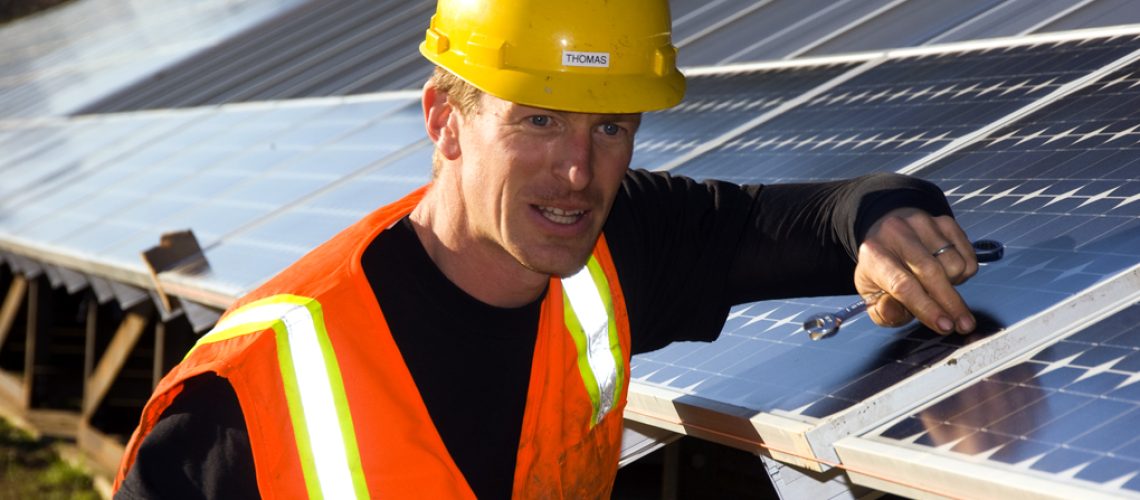The group of attorneys general said the Inflation Reduction Act has had a “catalytic” effect on economic growth, particularly in Republican districts.
A coalition of 17 state attorneys general sent a letter urging Congress to retain investments made under the Inflation Reduction Act (IRA).
Since the passage of IRA in 2022, businesses have invested nearly $500 billion in low-carbon energy and domestic manufacturing, with private investment exceeding public spending five- to six-fold.
The coalition urged Congress to retain important incentives in the tax code, including 30D, 45X, 45Y, 48C and 48E, as well as the grant and loan programs associated with them.
While analysts have generally agreed that the Trump Administration is unlikely to fully repeal the IRA, some have suggested it will take a “scalpel” approach, cutting incentives in certain sectors like EVs or offshore wind, or sunsetting tax credits as early as 2027, rather than in the mid-2030s.
“Our nation is strengthening domestic energy security, reducing energy costs, diversifying our domestic energy resources, rebuilding our domestic manufacturing economy, bolstering and modernizing critical infrastructure, and creating well-paying jobs while simultaneously reducing harmful pollution,” the letter said.
The attorneys general of California, Colorado, Connecticut, Delaware, Hawaii, Illinois, Maine, Maryland, Minnesota, New Jersey, New Mexico, New York, North Carolina, Rhode Island, Vermont and Wisconsin joined AG Campbell in sending today’s letter.
The letter from the attorneys general highlighted several large projects that are already benefitting U.S. communities, in both Republican and Democratic districts:
- Thanks to the IRA’s Qualifying Advanced Energy Project Tax Credit (Section 48C), Siemens is investing $150 million in its first U.S.-based power transformer factory in Charlotte, North Carolina. In addition to contributing to the reliability and security of the U.S. energy grid, this investment will create over 550 jobs in logistics, mechanics, assembly, and other roles, with an average salary of over $80,000.
- The IRA’s incentives have spurred a rebirth in Michigan’s automaking industry, with over 18,000 new jobs announced in the electric vehicle industry in the state. Our Next Energy is investing $1.6 billion in an electric vehicle battery gigafactory in Van Buren Township, Michigan, where it expects to employ over 2,000 people by 2027. Most of the private investments in the electric vehicle industry in the past few years are due to incentives created by the IRA and the Bipartisan Infrastructure Law (BIL).
- A new $4-5 billion dollar battery factory near Atlanta, Georgia, will create around 3,500 jobs, while a $3.5 billion battery manufacturing plant outside Charleston, South Carolina, will repurpose end-of-life batteries and ultimately create 1,500 jobs.
“These are just a small sample of the many projects advancing because of the promise of IRA tax credits,” the letter said. “Repeal of credits such as the Section 45X credit for advanced manufacturing, the Section 48C credit for investments in advanced energy, and the Section 48E clean electricity investment credit could stymie these important projects, stranding private investments and leaving gaps where jobs and revenue streams were expected.”



